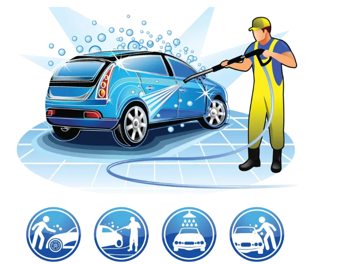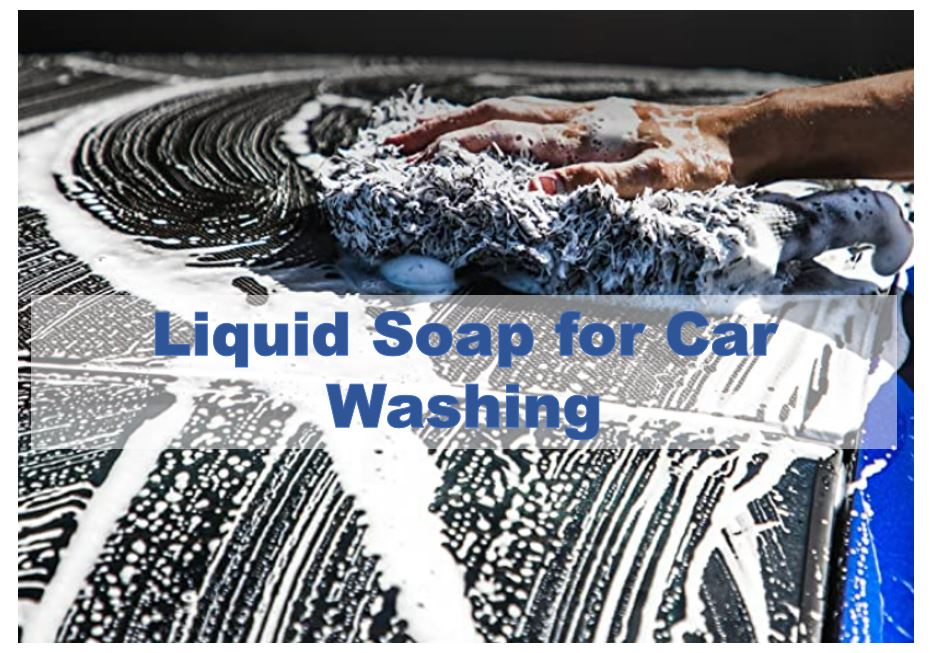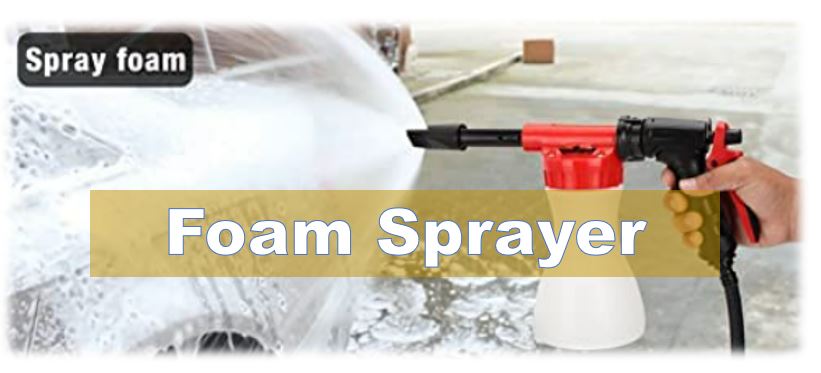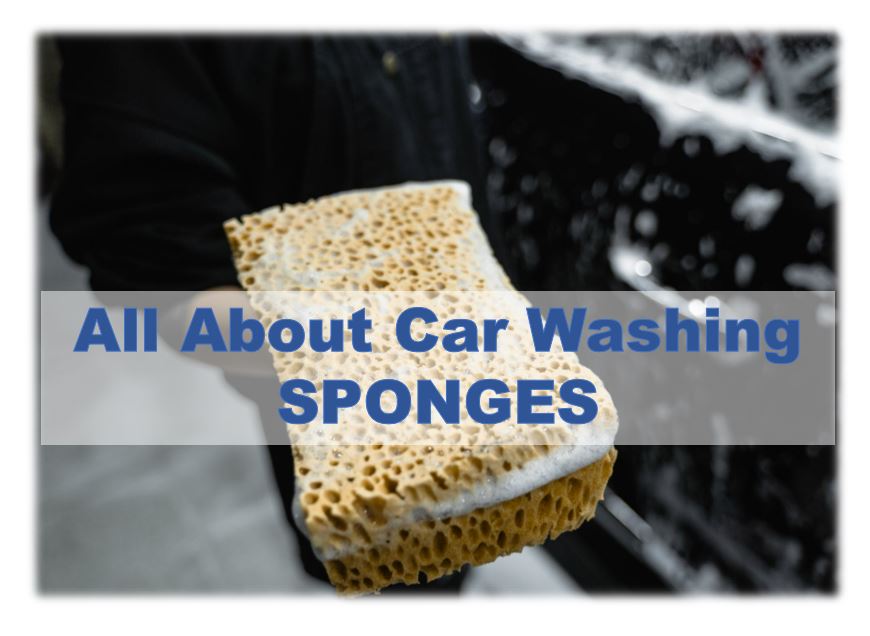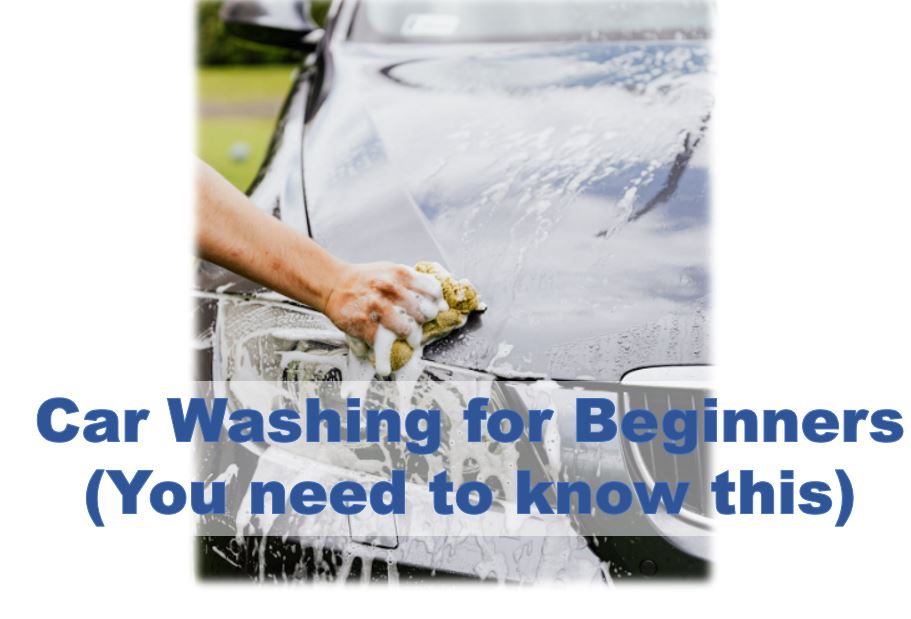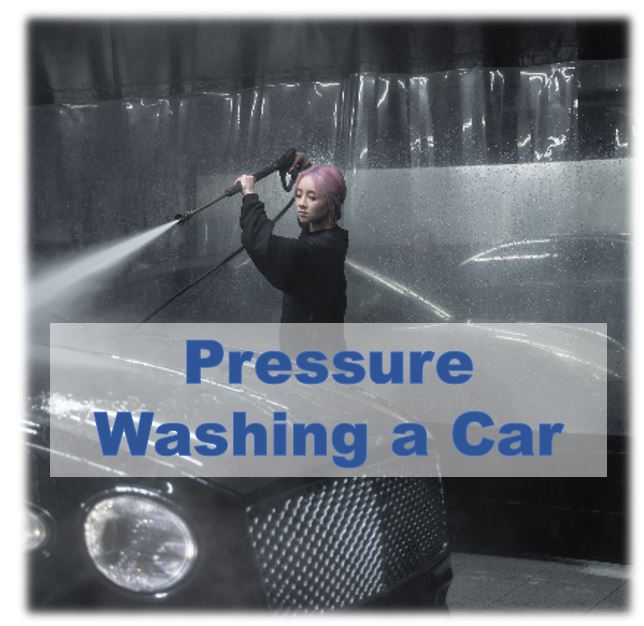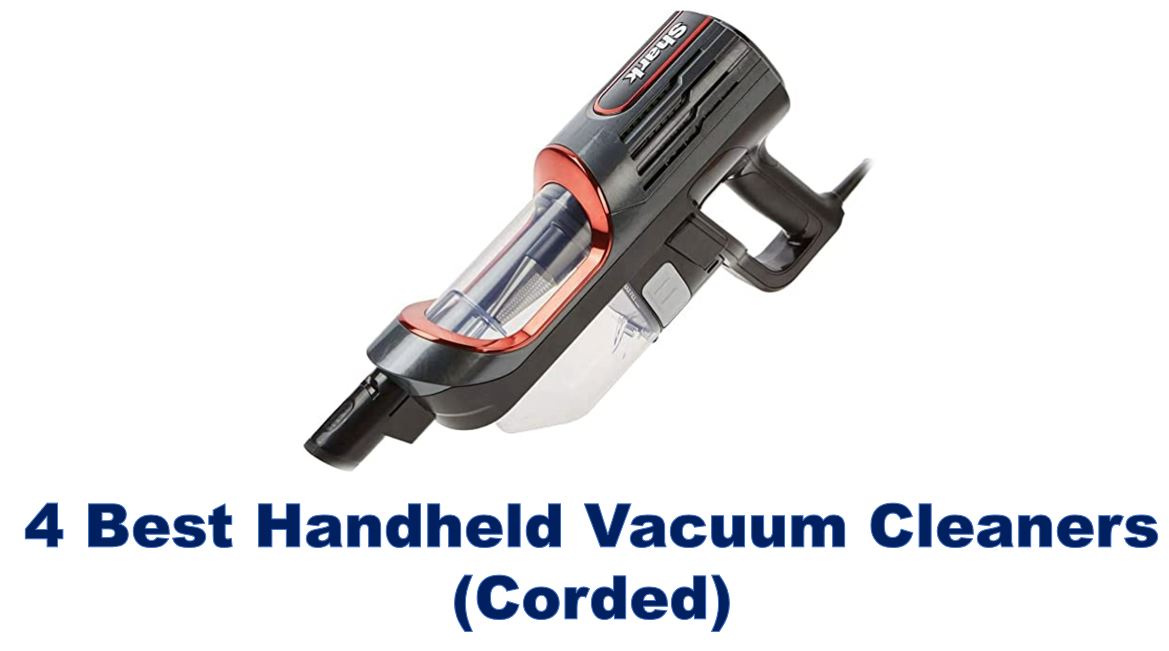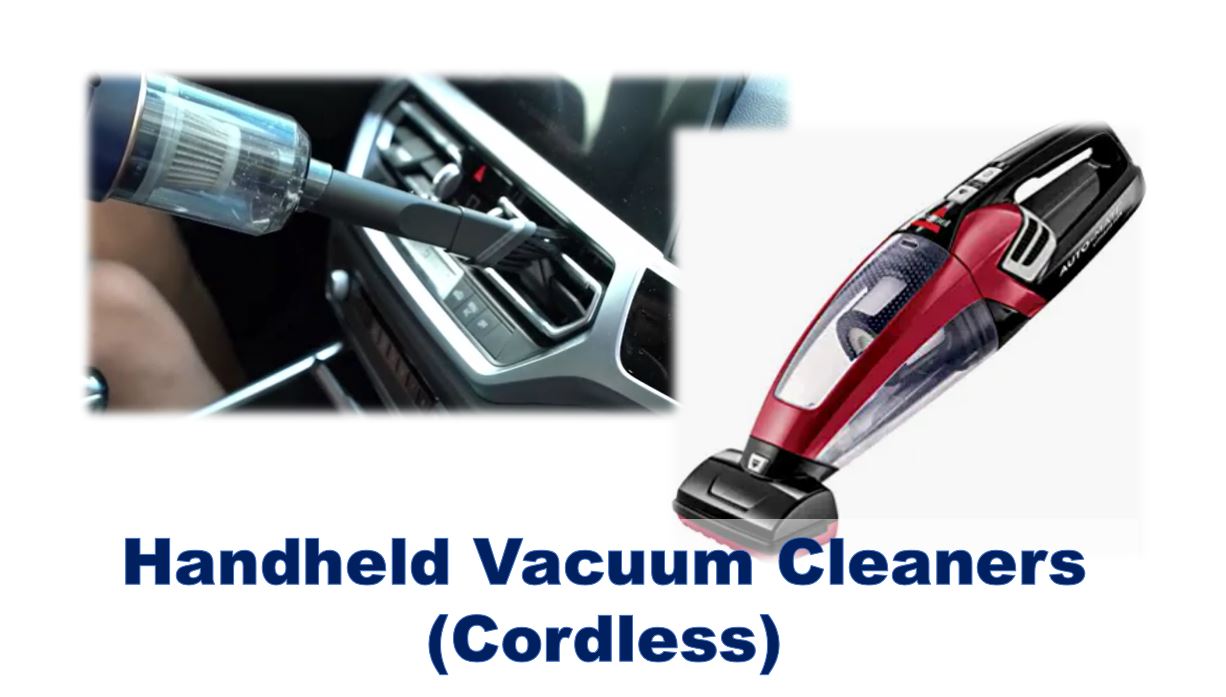It is generally not recommended to wash the engine of a car, as water and cleaning products can damage sensitive electrical components and cause problems with the car’s performance. However, if you need to clean the engine due to excessive dirt, grease or grime buildup, here are the steps to follow:
- Cover sensitive electrical components: Use plastic bags or plastic wrap to cover the sensitive electrical components, such as the battery, alternator, and fuse box, to protect them from getting wet.
- Use a degreaser: Apply a degreaser to the engine, taking care to avoid spraying it onto the covered electrical components. Allow the degreaser to sit for a few minutes to loosen dirt and grime.
- Rinse the engine: Use a low-pressure hose or a bucket of water to rinse the engine, taking care not to spray directly onto the covered electrical components. Be sure to rinse off all the degreaser and dirt.
- Dry the engine: Use a clean towel or air compressor to dry the engine, making sure all areas are dry before starting the car.
- Remove the covers: Carefully remove the plastic bags or plastic wrap from the covered electrical components.
Note: It is important to consult your car’s owner’s manual for specific instructions or warnings about cleaning the engine, as some cars may have different requirements or may not recommend cleaning the engine at all.
Here is a step by step video on the proper way of Car Engine Washing
Why do we need to Wash Car Engine?
It is not always necessary to wash the engine of a car. In fact, in most cases, it is not recommended as water and cleaning products can damage sensitive electrical components, cause rust, and negatively impact the car’s performance. However, there are some situations where washing the engine may be necessary, such as:
- Heavy buildup of dirt, grease, and grime: If your engine has an excessive buildup of dirt, grease, or grime, it may need to be cleaned to prevent corrosion and rust.
- Overheating: If your engine is overheating due to dirt and grime buildup, a good cleaning may be necessary to help it cool more efficiently.
- Maintenance: If you are performing maintenance on your car, it may be easier to work on a clean engine.
- Selling your car: If you plan to sell your car, having a clean engine can increase the car’s value and appeal to potential buyers.
What type of Water is use to Wash Car Engine?
When washing your car engine, it is generally recommended to use tap water or distilled water. Tap water is the most common choice for car engine washing as it is readily available and usually inexpensive.
However, if you live in an area with hard water (water that contains high levels of minerals), you may want to consider using distilled water instead. Hard water can leave mineral deposits on the engine, which can eventually cause damage.
It’s important to avoid using high-pressure water sprays or jet washers as they can damage electrical components, sensors, and other sensitive parts of the engine. Instead, use a low-pressure water source, such as a hose, and use a gentle stream of water to rinse away dirt and grime. You may also want to use a mild degreaser or engine cleaning solution to help remove stubborn stains or grease buildup. Just be sure to read the product label and follow the instructions carefully.
What are the type of degreaser used for washing car Engine?
When washing a car engine, it’s generally recommended to use a degreaser or engine cleaning solution that is specifically formulated for automotive use. These products are designed to break down and remove stubborn dirt, grease, and oil that can accumulate on engine components.
It’s important to avoid using household cleaning products or soaps as they may not be formulated for use on automotive parts and can damage the engine or its components.
When selecting a degreaser or engine cleaning solution, look for a product that is designed for your specific engine type and follow the manufacturer’s instructions carefully. Be sure to apply the product to a cool engine and avoid getting it on sensitive electrical components or sensors. Allow the product to sit for the recommended amount of time before rinsing it off with a gentle stream of water.
There are many degreasers that are specifically designed for use in washing car engines. Here are some examples:
- Simple Green Heavy Duty Cleaner – This is a popular degreaser that is biodegradable and non-toxic. It is safe to use on all surfaces of your car engine and can effectively remove grease, oil, and grime.

- Gunk Engine Degreaser – This is a heavy-duty degreaser that is designed to quickly dissolve tough grease and oil. It is safe to use on most surfaces and is easy to apply with its built-in nozzle.

- Purple Power Industrial Strength Cleaner – This is a strong degreaser that can be used on a variety of surfaces, including engines, machinery, and industrial equipment. It is formulated to quickly break down and dissolve grease and oil.

- Meguiar’s Super Degreaser – This is a professional-strength degreaser that is designed to quickly and effectively remove grease, oil, and grime. It is safe to use on most surfaces and is easy to apply with its built-in spray nozzle.
- CRC Heavy Duty Degreaser – This is a powerful degreaser that is designed to quickly remove grease, oil, and grime from engines and other automotive parts. It is safe to use on most surfaces and is easy to apply with its built-in spray nozzle.
Before using any degreaser, be sure to read the manufacturer’s instructions carefully and follow all safety precautions.
